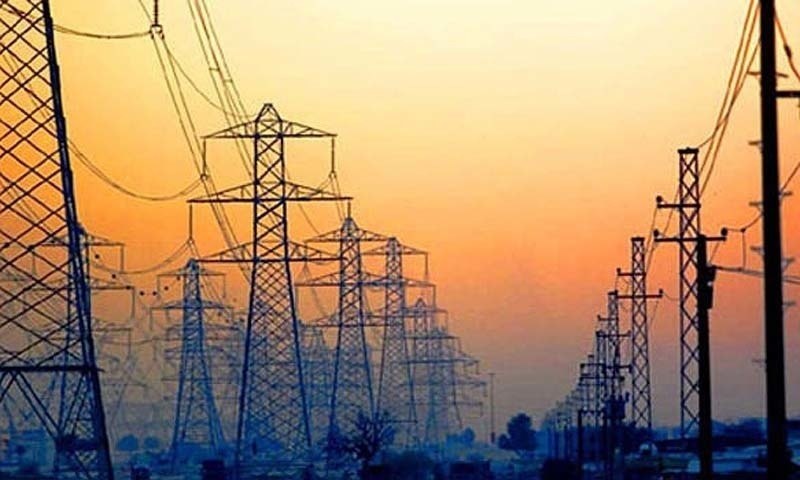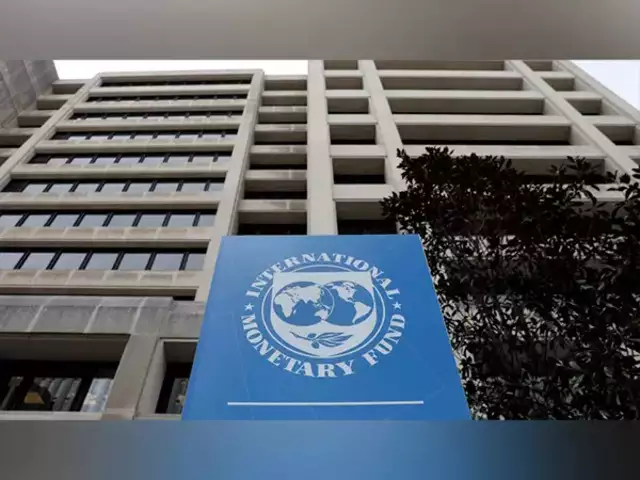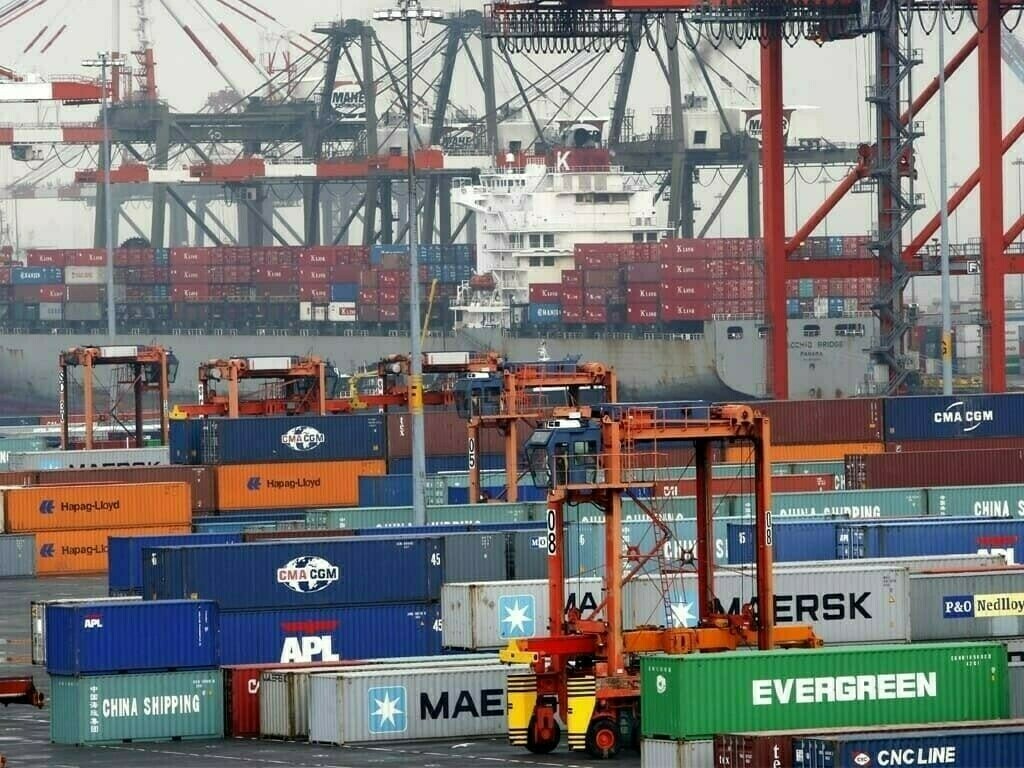Minister for Power, Sardar Awais Khan Leghari, has initiated an audit of Independent Power Producers (IPPs) agreements spanning the last three decades, following accusations of financial misconduct. This move comes after Senator Mohsin Aziz labeled the contracts as “dacoity” during a Senate Standing Committee on Power meeting.
Senator Aziz expressed his concerns, stating, “It is clear to me that this is a plundering of the nation’s resources. We need a thorough investigation to bring transparency to the public.”
In response, Minister Leghari directed the Power Ministry, along with officials from the Private Power and Infrastructure Board (PPIB), Central Power Purchasing Agency-Generations (CPPA-G), and National Electric Power Regulatory Authority (Nepra), to conduct a comprehensive audit. The audit will scrutinize Power Purchase Agreements (PPAs), Implementation Agreements (IAs), and sovereign guarantees, emphasizing the financial implications of these agreements.
“I urge a meticulous investigation into the details uncovered in these documents,” Minister Leghari instructed, highlighting the significance of understanding any financial implications resulting from amendments to these agreements over the years.
The committee also discussed discrepancies in return rates and efficiency among IPPs, prompting the minister to request an efficiency comparison report and insights from previous investigations.
Managing Director of PPIB, Shah Jahan Mirza, provided insights into the historical context of IPP agreements, noting that early agreements, like those with Hubco, were initially based on tariffs that were later revised downwards, although records of these revisions are not readily available.
Senator Taj Haider raised concerns over tariff adjustments during the PPP government, alleging reductions from six to two cents per unit over three decades, amid accusations of corruption in previous evaluations.
The committee sought clarification from the Power Division regarding Pakistan’s expenditures on General Electric turbines compared to international benchmarks, aiming to determine any discrepancies in procurement costs.
Minister Leghari underscored the importance of transparency and accountability in the audit process, stressing the need for clear and concise explanations accessible to committee members and the public alike.




